Google's mobile gaming ecosystem just got a major overhaul, and honestly, it's about time. Google is rolling out significant updates to Google Play Games that fundamentally change how we interact with mobile gaming across devices. With over 200,000 titles now available across mobile and PC platforms, these changes are more than cosmetic. They are reshaping the entire player experience. Let's break down what these updates mean for gamers, and why they matter right now.
Your gaming identity gets a complete makeover
Here's the genuinely exciting part. Google Play now offers a platform-level gamer profile that works across different titles and devices. Finally, one profile to rule them all. Think of it as a gaming passport that follows you everywhere. The system even lets you generate an AI profile image via prompts, so you can personalize without hunting down the perfect avatar.
It gets better. You can track achievements and stats in 1-month, 1-year, or All-time intervals. Gaming streaks are now a thing too. Register a day when you play a title for at least a few minutes, and Google tracks your longest run. The kicker: users are eligible for Play Points based on those streaks, turning casual sessions into actual rewards.
You can make this profile public, with others able to follow and see your high-level activity. It feels like Google's answer to gaming social networks, built right into the store you already use. No more rebuilding your rep from scratch in every title. Your Subway Surfers streak can actually signal you play, and you stick with it.
The "You" tab changes everything about discovery
All this is visible in the new "You" tab at the end of the bottom bar. It is more than a coat of paint. This new personalized destination on the Play Store pulls content and rewards from your recently played games into one place.
The real value is consolidation, and there is a developer play here too. A new You tab aims to attract users to engage with the Play Store more frequently, centralizing subscriptions, rewards, recommendations, stats, and updates. For installed titles, you get summaries of game progress, achievements, and developer updates without diving into each game.
Games can feature their content on You tab using engagement tools in Play Console. That lets studios resurface events, offers, and updates directly where players look first. Think of it as a personalized dashboard that knows what you play and what you are likely to tap next.
Community features that actually make sense
Google's approach to community feels practical. You can make Community Posts to ask questions about games, like when you are stuck on a level. Come October 2025, gamers will be able to ask questions and share answers on Game Detail Pages to get help from other players.
Game listings will now show ongoing events, developer updates, and other offers, which turns static pages into living spaces. You search, you see what is happening right now, you jump in.
Google is not stopping at help seeking, it is gamifying the entire ecosystem with competitive elements. The competitive angle lands with Play Games Leagues. These are global competitions with Play Points as the reward if you top the leaderboard. The first league is for "Subway Surfers" from October 10-23. Clear date, clear stakes, and a reason to keep your thumbs warm.
AI assistance that could actually be useful
Here's the futuristic twist. The AI-enabled Play Games Sidekick is a new in-game overlay that provides real-time help from Gemini Live. The Sidekick can be used to ask Gemini for help when stuck in a game so you get guidance or tips without leaving the action.
The key is implementation. Sidekick uses Gemini Live's screen sharing capabilities to understand your game context and then delivers verbal tips, tricks, and support during gameplay. No alt tab to a walkthrough video. You get contextual help in the moment.
I want to see how well it works in real sessions. Initially, the feature will support games from EA and Netmarble, including Star Wars: Galaxy of Heroes, EA Sports FC Mobile, and Solo Leveling: Arise. It is a limited rollout, but those titles are substantial enough to show whether this is useful or just novelty.
Cross-platform gaming finally becomes reality
The biggest news might be that Google Play Games on PC is now out of beta and entering general availability. This is not just about playing mobile games on a desktop, it is about true cross-platform progression and community.
The Google Play Games on PC offering, which brings more than 200,000 titles to Windows desktops, is exiting beta with full support for the new profile and community features. Your streaks, achievements, and social connections carry whether you are on your phone at lunch or at your desk at home.
For developers, Google is launching a "Level Up" benefits program that aims to accelerate business growth. Games that are part of the Level Up program can access enhanced discovery across editorial surfaces, including the Games home and Play Points home. Translation, deeper integration with Google's ecosystem improves visibility, which turns cross-platform support into a competitive edge rather than a line item.
What this means for the future of mobile gaming
Bottom line, Google is not just updating Google Play Games, the company is positioning it as a comprehensive gaming platform that can compete with Steam, Xbox Game Pass, and other established ecosystems. Google is evolving Google Play Games into an integrated experience centered on the player journey, and these updates suggest they are serious.
The timing hits. With games that offer seamless and rewarding experiences achieving higher engagement and growth on Play, platform-level improvements could lift the whole ecosystem. In 2026, more advanced reporting in Play Console will be introduced, connecting acquisition to long-term engagement and monetization.
What stands out is how Google addresses mobile gaming's biggest weakness, the "download and forget" problem that plagues app stores. By creating persistent value that accumulates across sessions and titles, Play starts to feel sticky, more console than time killer.
These are not incremental updates, they signal Google's vision for what mobile gaming should look like in 2025 and beyond. Will players and developers embrace this more integrated, AI-assisted, cross-platform future? If the early shape of this rollout is any indication, I like the odds.








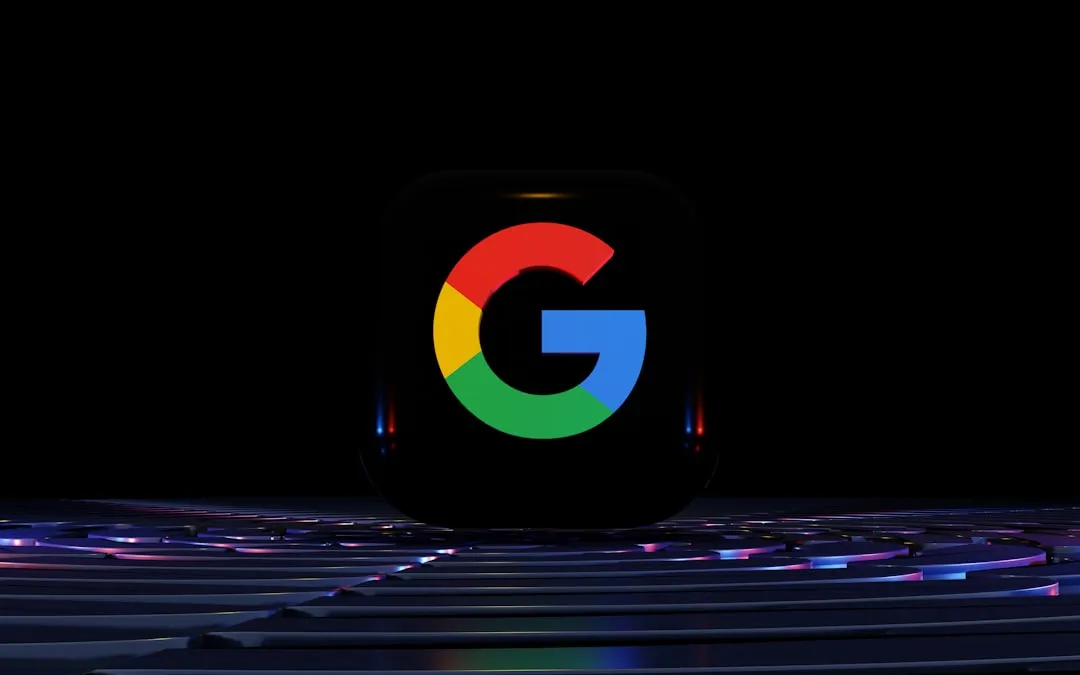
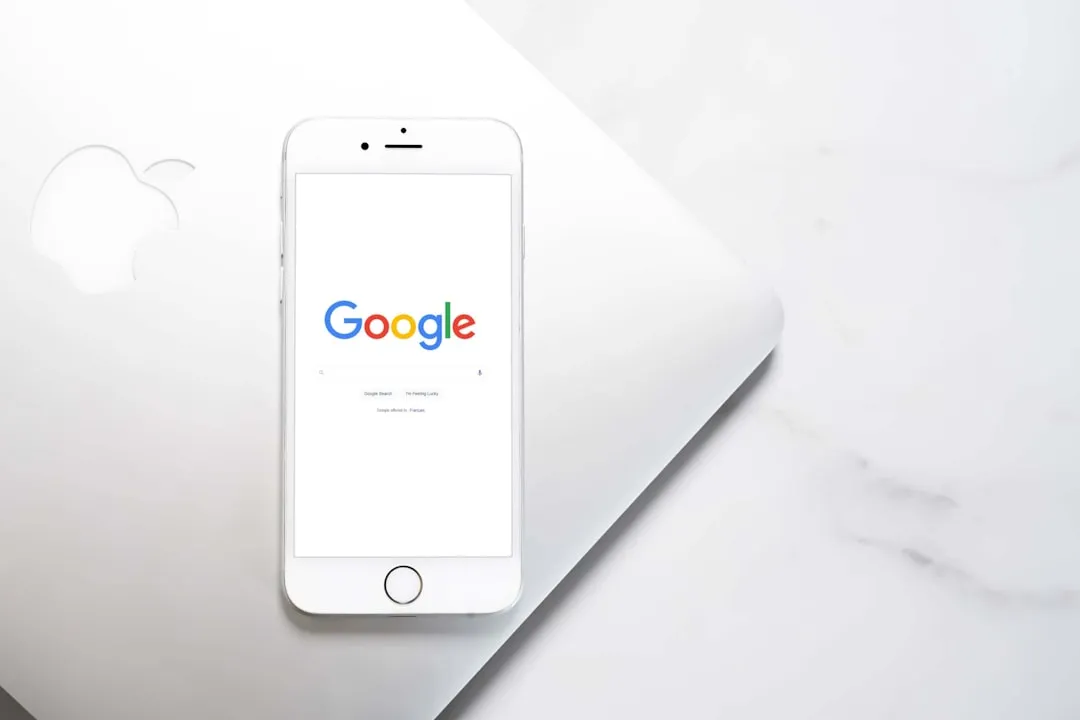



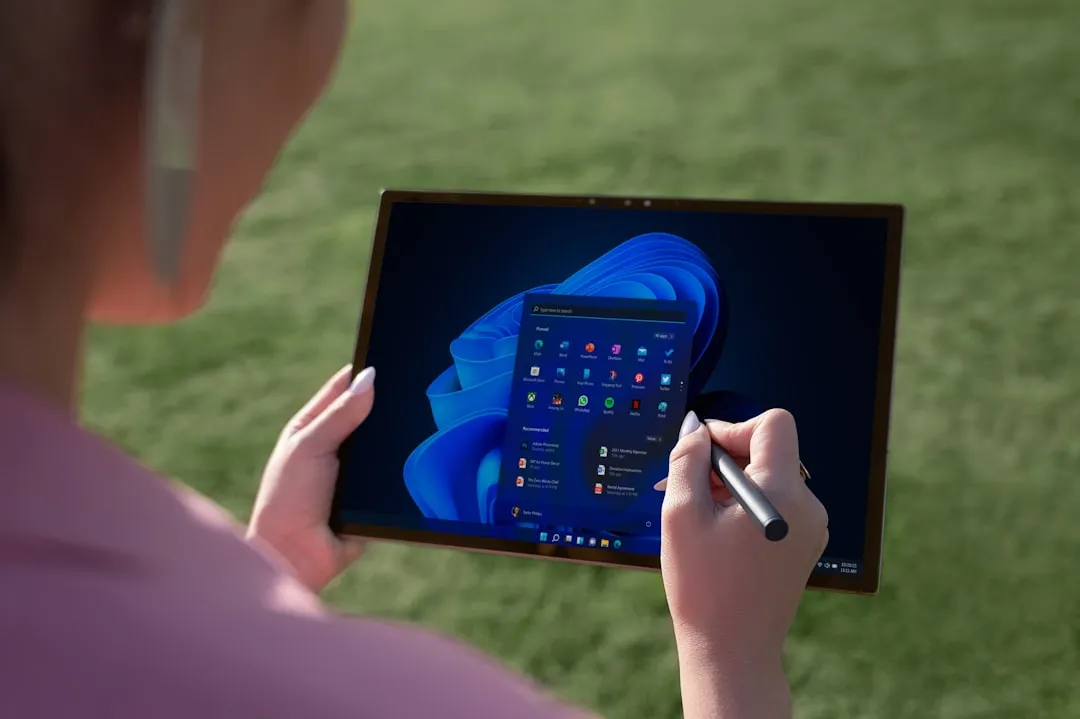
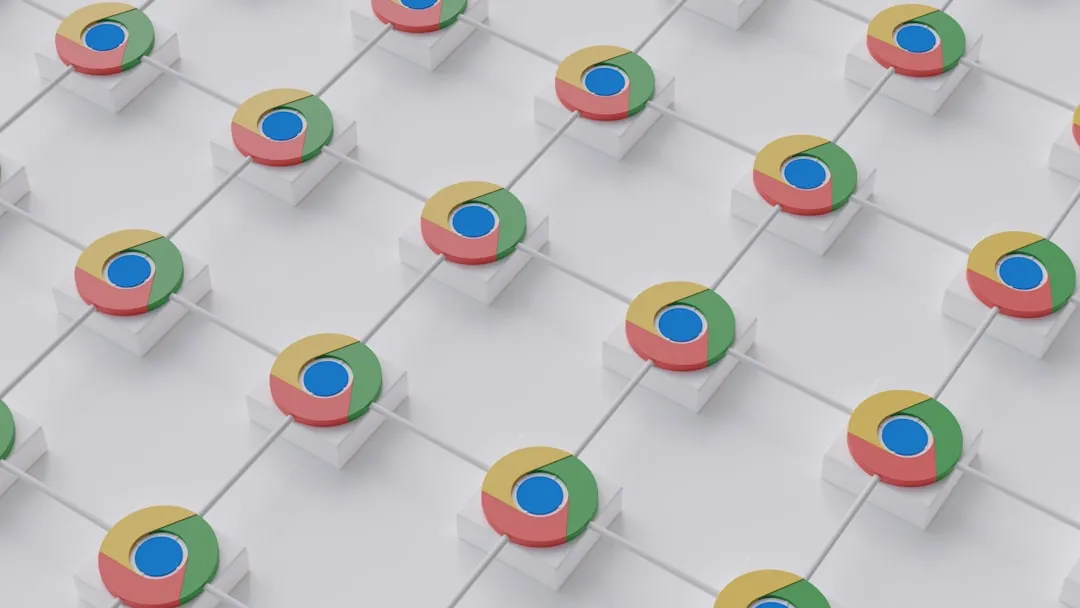
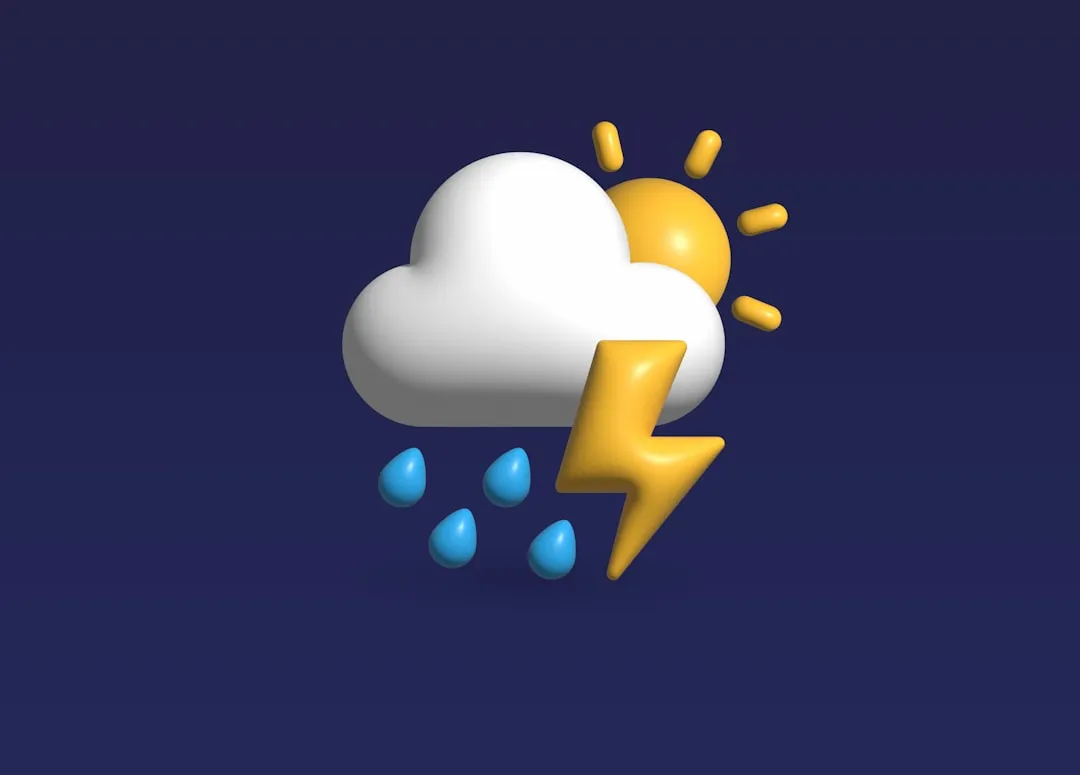
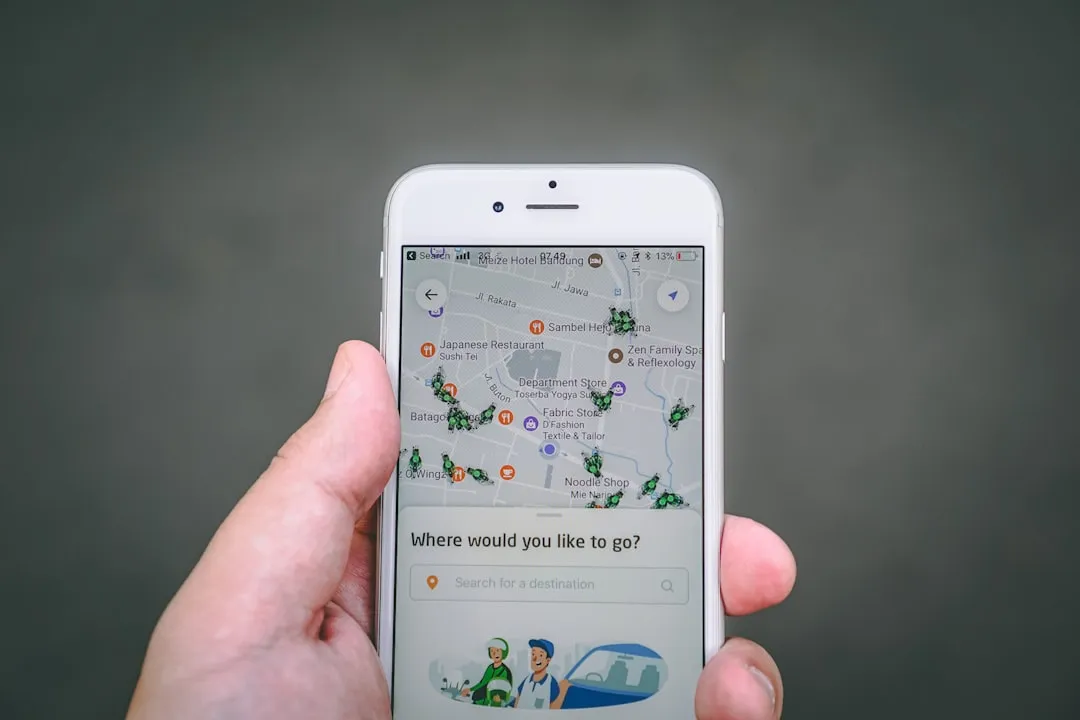
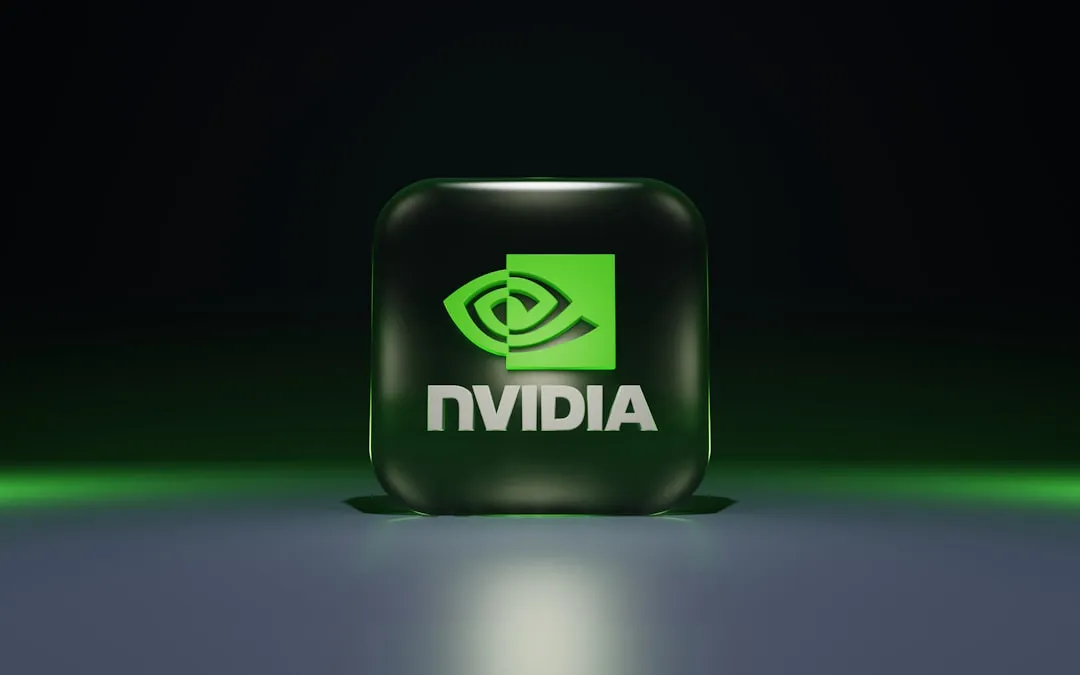


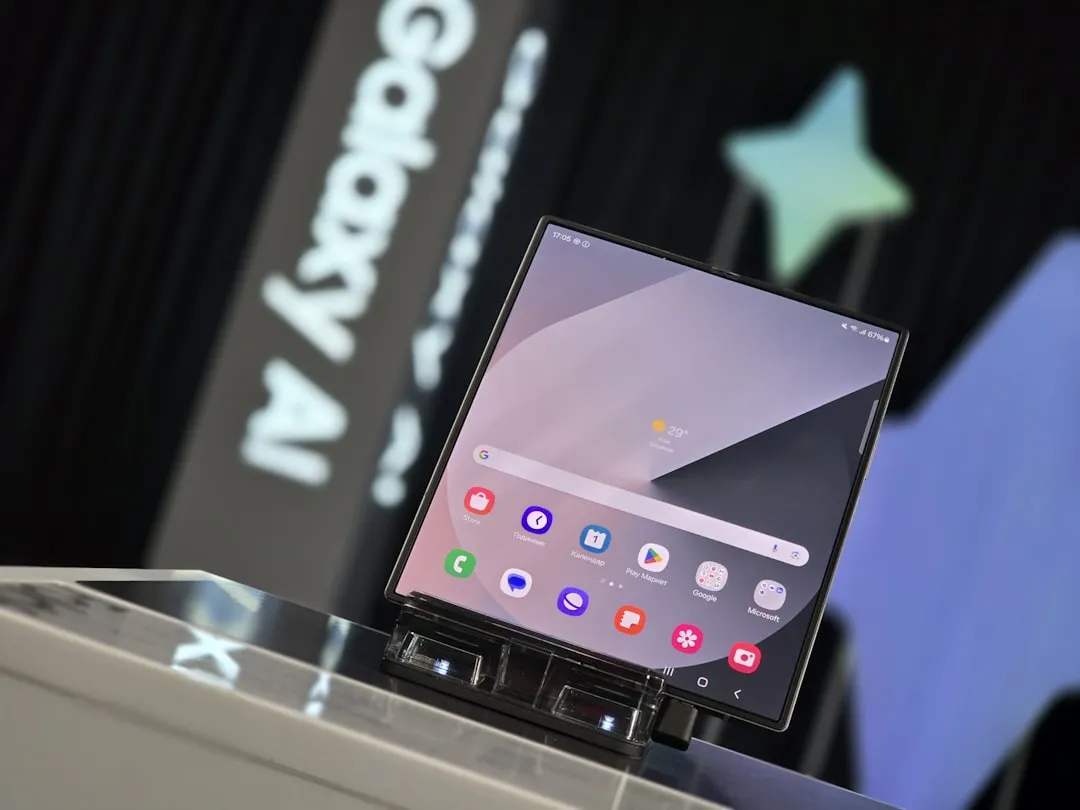


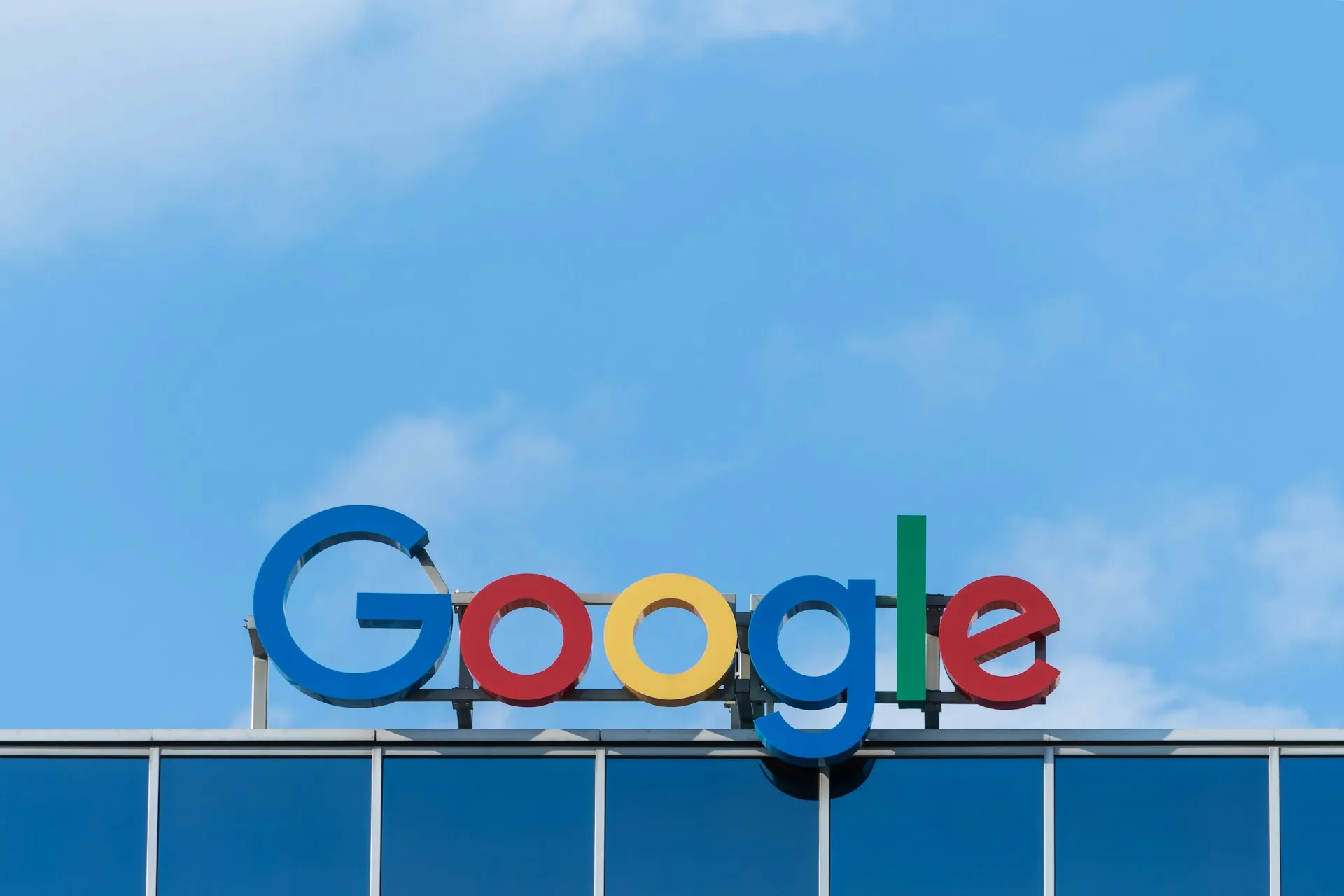
Comments
Be the first, drop a comment!